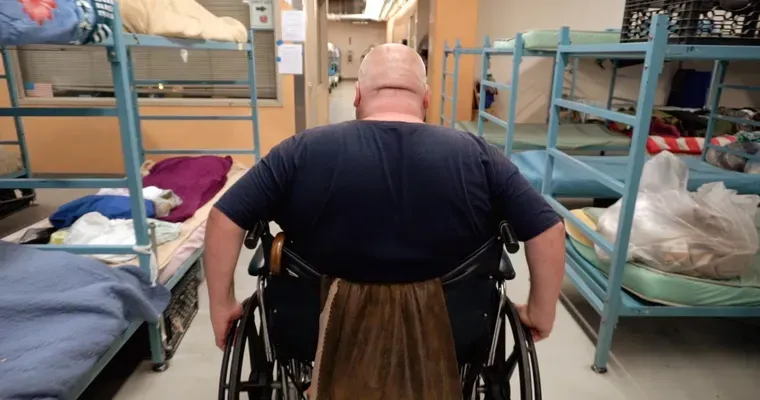When considering admission to a "nursing home" or "rehabilitation facility", many families wonder about the criteria that these institutions use to accept or refuse patients. A common concern arises when a patient cannot move themselves from bed to wheelchair. This situation raises important questions regarding the rights of patients, the responsibilities of healthcare facilities, and the overall landscape of "patient care".
Nursing homes and rehab facilities must adhere to specific guidelines set by state and federal regulations, which influence their admission policies. While a patient's ability to transfer from bed to wheelchair is a significant factor in determining their level of care, it is not the sole criterion for acceptance. Here’s a closer look at the aspects that can influence a nursing home or rehab's decision regarding admission.
Patient Needs and Care Levels
Nursing homes and rehab facilities categorize patients based on their level of care needs. If a patient cannot move independently, they may require a higher level of assistance, including help from nursing staff or physical therapists. Facilities equipped to handle such needs may be more inclined to accept patients with mobility challenges. However, if a facility feels they lack the resources or staff to adequately support a patient’s specific needs, they may choose to refuse admission.
Assessment Procedures
Before admitting a patient, nursing homes and rehab centers typically conduct an "assessment". This evaluation includes a review of the patient’s medical history, current health status, and specific care requirements. During this assessment, the patient's ability to perform daily activities, including transferring from bed to wheelchair, will be evaluated. If the assessment indicates that the patient requires specialized care beyond what the facility can provide, they may not be admitted.
Legal and Ethical Considerations
Under the law, nursing homes and rehabilitation facilities cannot discriminate against patients based on disabilities. The "Americans with Disabilities Act (ADA)" ensures that individuals with disabilities are entitled to appropriate accommodations. Therefore, if a facility refuses admission solely because a patient cannot move independently, it could be a violation of the law, unless they can demonstrate a legitimate reason related to care capacity and safety.
Alternative Options
If a nursing home or rehab facility refuses admission due to mobility issues, it is essential for families to explore alternative options. Many facilities specialize in accommodating patients with significant mobility challenges, including those that provide "physical therapy" and specialized rehabilitation services. Researching and visiting multiple facilities can help families find the right fit for their loved ones.
Conclusion
In summary, while a nursing home or rehab facility may consider a patient's inability to move from bed to wheelchair as part of their admission criteria, it is not the only factor. The decision will depend on the facility's resources, the specific needs of the patient, and legal obligations to provide care for individuals with disabilities. It is crucial for families to understand their rights and explore various options to ensure that their loved ones receive the appropriate level of care they deserve.
By staying informed and proactive, families can navigate the complexities of "patient admissions" and find the right support for those in need of rehabilitation or long-term care.





